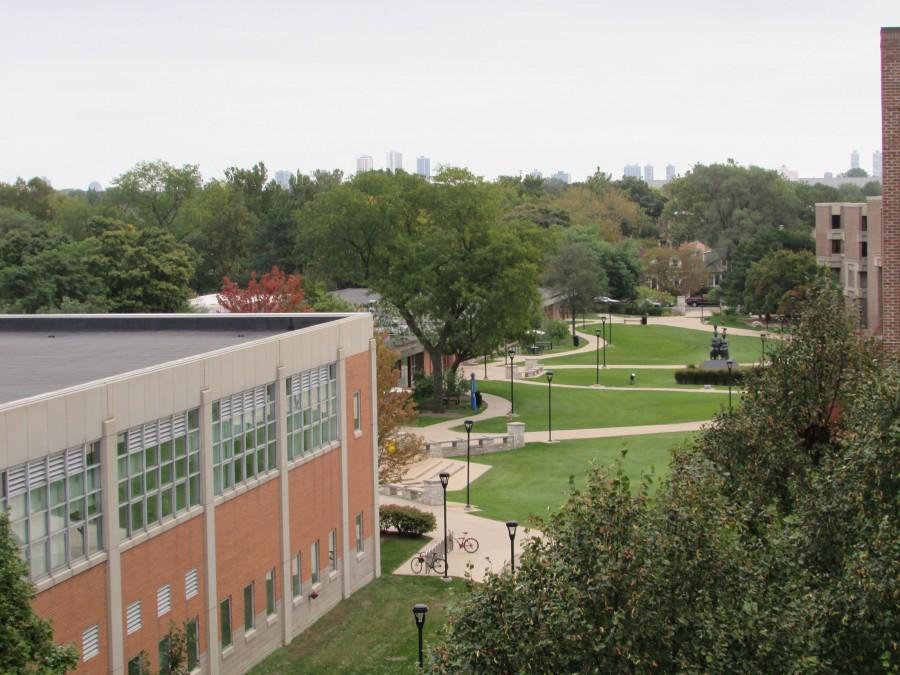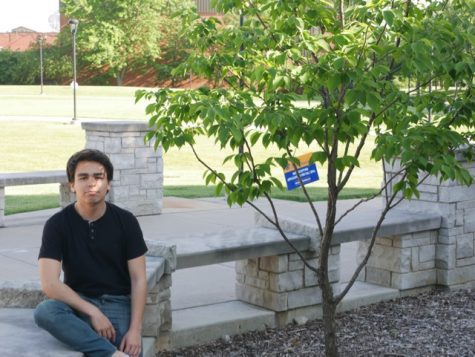Preparation for Reaccreditation
October 6, 2015
Every ten years, the Higher Learning Commission (HLC) — from the North Central Association of Colleges and Schools — conduct a formal evaluation of the educational policies and missions of Illinois state schools. This is performed in part by the review of college departments.
The departments of the university will be required to review their syllabi for comparison with the standards of the HLC.
A team will be assigned to visit the NEIU campus in late 2016 or early 2017. The team will conduct its evaluation over a three-day period.
The team visiting will consist of staff, students and faculty from state colleges who will determine if the five criteria of accreditation are being met by the university: the clear articulation of the mission, the integrity and conduct of the institution, the providing of high quality education, the effectiveness and responsibility of the teachers, and the sufficiency of the resources, structures and procedures to the mission.
“The team may or may not elect to observe classes,” wrote Richard Helldobler, Provost and Vice-President of Academic Affairs, in a Sept. 27 email. “(But) should they elect to visit classes, they will select them randomly by looking at the course schedule.”
“The timing was difficult, but the process has had some really good benefits,” said Dr. Saba Ayman-Nolley, referring to her department’s preparation for the evaluation. “It has allowed us to see some errors that exist in the catalog that we need to all address, and it also has allowed us to start having dialogue about what things are important to have on the syllabi.”
Dr. Michael Davros, an English Professor at NEIU, elaborated on his department’s preparations for reaccreditation.
“One of the initial things that we’ve done, before the semester began, was we had a sample syllabus sent to us, as a template for all of the courses,” he said. “We constructed our syllabus in light of the requirements that we are being directed to include.”
Davros said that he includes the mandatory statement on plagiarism and the consequences from both his position and the university in his syllabi.
“The last five pages are the assignments for the class,” he said. “I would do it normally at the beginning of the semester, but they have to be attached to the syllabus, making it long and cumbersome. It’s a hard read, especially for a freshman and for a 101-level (course). You don’t know what’s really important in it.”
Davros said he prefers syllabi to be simpler than that.
“As a freshman, you wouldn’t want such an information overload,” he said. “It detracts from the learning experience or frustrates students, and they have a lot to contend with.”
Ayman-Nolley and Davros expressed great faith in the work of their departments and their presentations.
“I feel as though we have a really strong department,” Ayman-Nolley said. “We’ve done really well. Our last review of the department was a very positive review with good comments from the reviewer.”









